Bay leaves come from the Laurus nobilis tree and are widely used in both cooking and natural traditional pharmacopoeia. They give foods an intense aroma and deep flavor, while at the same time they are known for their beneficial properties for the digestive and respiratory systems. They are mainly used dried, retaining their characteristic aroma that is enhanced during boiling or slow cooking.
Laurel has been associated with well-being and cleansing of the body since ancient times. It is rich in essential oils, tannins and flavonoids, which offer antioxidant and antimicrobial effects. It can be added to soups, sauces, legumes and meats, while as a drink it contributes to soothing digestion and decongesting the respiratory tract.
Properties of bay leaves
- Supports healthy digestive system function
- Helps decongest the respiratory tract
- It has anti-inflammatory and antimicrobial effects.
- Contains antioxidants that contribute to overall well-being
- Contributes to the detoxification of the body
*Note: The information about the benefits has been taken from books and other sources. Before using the herb you should ask your doctor, the same if you are already taking any medication.
Instructions for use
In cooking: It is mainly used in cooked dishes such as stews, soups, lentils, beans and pot roasts. Add 1–2 leaves at the beginning of cooking and remove them before serving.
As a drink: Boil 1–2 bay leaves in water for 5–7 minutes, strain and consume hot. Bay leaf decoction is traditionally used to relieve digestion and inflammation.
Frequent questions
What are bay leaves?
These are the dried leaves of the plant Laurus nobilis, used as a spice in cooking and as an herb in natural remedies.
Can I consume them every day?
Daily use in cooking is safe. However, frequent consumption as a beverage should be done in moderation and with variations.
Do they have side effects?
When used in reasonable amounts, no adverse effects have been reported. They are not recommended for pregnant women without medical advice.
Are they used outside the kitchen?
Yes, in aromatherapy, natural cleaners, and sometimes in cosmetics because of their essential oils.



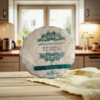


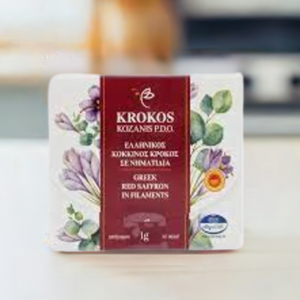


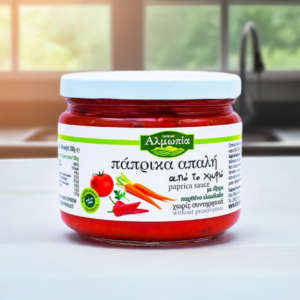

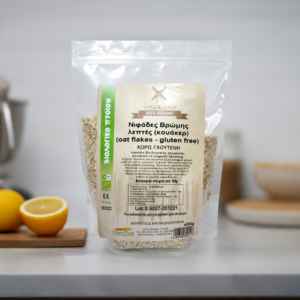
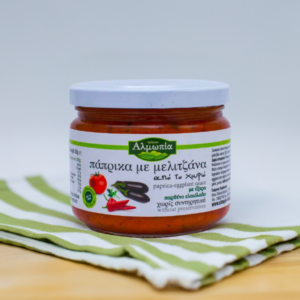
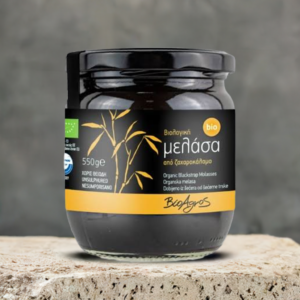
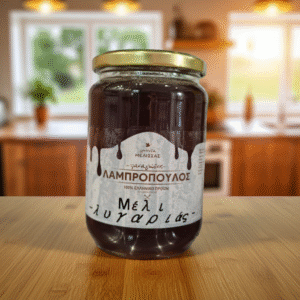
Reviews
There are no reviews yet.